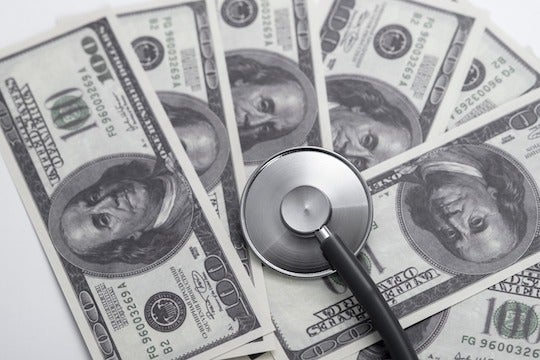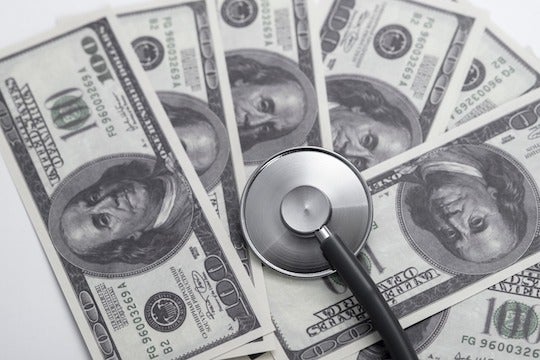HOUSTON – (June 6, 2023) – A recent survey found that 41% of adults in the U.S. have debt caused by medical or dental bills.
Dedicating more of nonprofit hospitals’ proceeds to charity care would ease the financial stress, but that has not happened — even as such hospitals’ cash reserves have grown — according to a new report out today in Health Affairs.
Using the National Academy of State Health Policy Hospital Cost Tool, authors Vivian Ho, the James A. Baker Chair in Health Economics at Rice University’s Baker Institute for Public Policy, and Derek Jenkins, postdoctoral scholar in health economics at the Baker Institute, compared changes in nonprofit hospitals’ proceeds with changes in their charity care and cash reserves between 2012 and 2019.

“The increase in cash reserves between 2012 and 2019 is quite striking when compared to the absence of an increase in charity care for nonprofit hospitals,” Ho said. “Annual operating profits rose from $43 million to $58.6 million over this seven-year period. Charity care barely budged, yet cash reserves rose from $133.3 million to $224.3 million.”
Nonprofit hospitals are exempt from paying most federal and state taxes. They can even issue tax-exempt bonds and receive tax-deductible contributions from donors — with the expectation that they will direct proceeds toward community benefit.
Although hospitals must maintain large cash reserves to weather financial crises, they also often borrow on their reserves to build facilities in new locations — often in wealthier areas — to expand their market share, the authors wrote.
Using proceeds to fatten cash reserves rather than increase charity care has important policy implications and calls into question the justification for nonprofit hospitals’ tax-exempt status, the authors argue.
“There are several actions that policymakers could take to insure that nonprofit hospitals fulfill their obligations to their communities,” said Jenkins. “There should be more careful auditing of community benefits provided by hospitals, minimum requirements for community benefit spending, increased hospital price transparency and mandatory representation of external advocates for patient access and affordability on hospital boards.”

